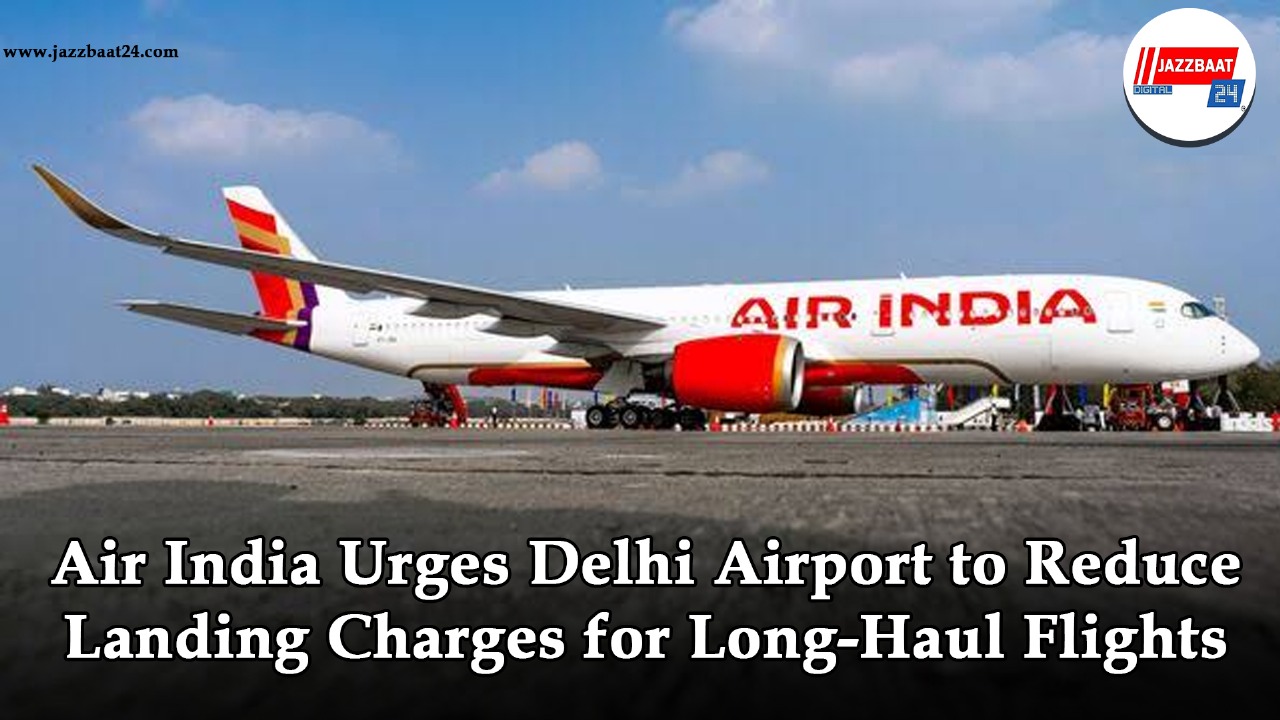
Air India is seeking incentives to increase international-to-international (I2I) traffic at Delhi airport and reduced landing charges for long-haul and ultra long-haul flights. The Tata Group-owned airline made these demands to the Airports Economic Regulatory Authority (AERA) for the tariff scheme of Delhi airport from 2024 to 2029.
The airline is slowly increasing its wide-body flight operations and network to cater to the increasing demand for air travel.
When questioned about these proposals, Air India's Managing Director and CEO Campbell Wilson informed PTI that the economic structure of the market should be able to sustain moves to make India a leading aviation hub.
DIAL, which runs Indira Gandhi International Airport (IGIA) in Delhi, has proposed varying fares for economy and business class travelers, as well as disparate rates for peak and off-peak hours.
Air India opines that the variable tariff proposed must be accompanied by incentives to boost I2I traffic at Delhi airport, which could be done by the regulator.
Further, Air India has suggested that AERA reduce landing charges for long-haul and ultra long-haul flights by a minimum of 30 percent on metric tonnes (MT) basis.
Long-haul flights usually take over nine hours, whereas ultra long-haul flights take 16 hours or more. Air India has ultra long-haul flights to North America.
In a submission signed by P Balaji, Group Head of Governance, Regulatory, Compliance, and Corporate Affairs at Air India, it was proposed that AERA could waive landing charges and cut the User Development Fee (UDF) by 20 percent to incentivize the usage of wide-body aircraft on domestic routes.
The carrier noted that Delhi and Mumbai would be the primary hubs for both I2I and D2I passenger traffic, and that the ongoing discussions and decisions regarding tariffs at IGIA would have a considerable impact on the evolution of an aviation hub.
Earlier this week, Wilson told PTI that the government is hoping to turn India into an aviation hub, which would benefit the economy by means of the economic activity created by aviation.
"At present, much of the benefit accrues to other nations with large numbers of flights originating from India. By growing wide-body operations and establishing a hub in Delhi or Mumbai, we can drive transit traffic. Consequently, we think the economic structure of the market must be able to support this expansion."he said.